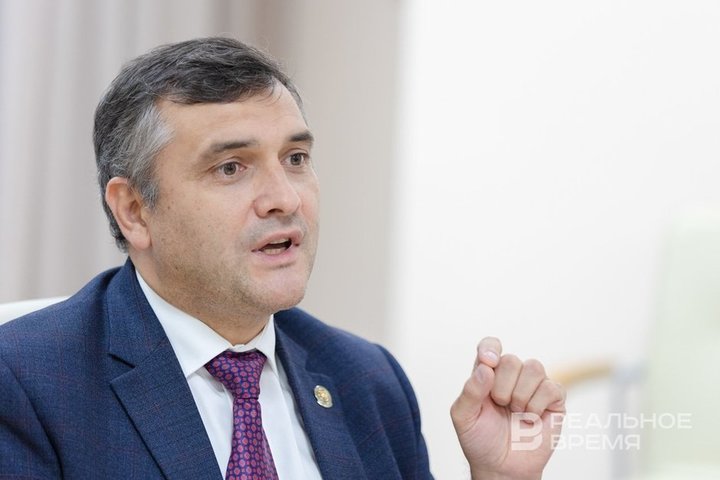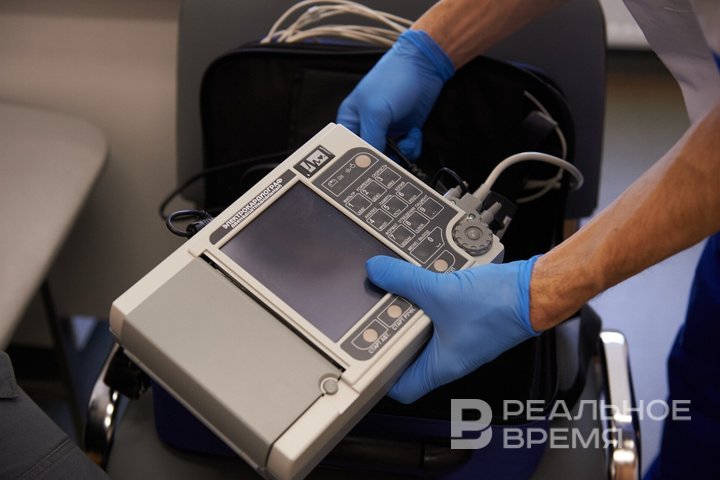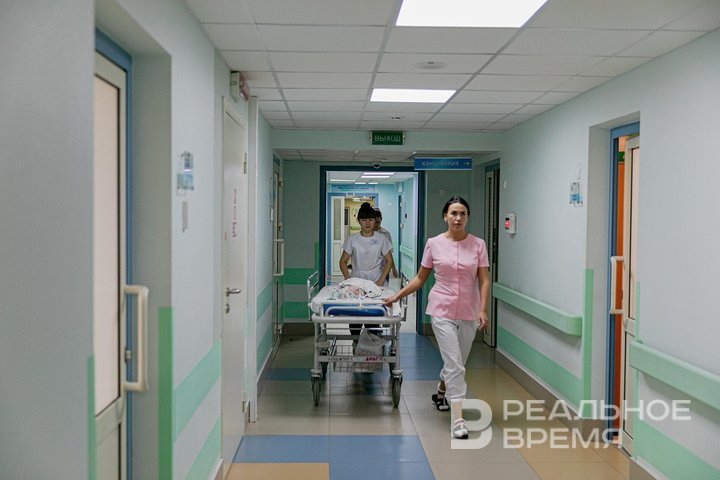Tatarstan sees decrease in doctor shortage and increase in health screenings
Ministry of Healthcare of the Republic of Tatarstan has reported on the results of the year
Nearly 1.2 million residents of Tatarstan underwent medical check-ups this year, meeting the target set in the plan. Next year, this number is to be increased to 1.4 million. According to Minister of Healthcare of Tatarstan Marsel Minnullin, this is an “absolutely positive trend”. At the same time, the outreach health screening programme is running successfully, covering around 35,000 patients every two weeks. Read more about the results of the year in the healthcare sector in the material of Realnoe Vremya.
“This is an absolutely positive trend”
It was planned to cover 1.2 million residents of the republic with health screenings in Tatarstan this year. This figure has almost been reached, “there is still a week left," said Marsel Minnullin, the minister of healthcare of the region.
Next year, the programme is planned to reach almost 1.4 million people.
“This is an absolutely positive trend. The more we cover the population with preventive examinations, in particular medical examinations, the more serious the potential for an increase in life expectancy will be," he said.

According to preliminary data, this year, health screening has helped identify approximately 135,000 cases of deceases. About 9,000 of them were the initial stages of cancer.
“Health screening is aimed at detecting diseases at the initial stages. We have a rather serious problem with the gray area — these are people who have never visited a medical organisation in two or more years. As a rule, these are people of working age — from 45 to 65 years old," Minnullin added.
In the new year, health screenings begin on January 4
The mobile health screening programme also proved to be effective, Marsel Minnullin continued. In two weeks, around 35,000 patients were covered.
The outreach screening programme involves the use of mobile medical units in rural areas of the republic, allowing residents of villages to conveniently undergo screening.
“The paramedic has a lot of responsibility. The first is the implementation of the first stage of medical examination in the village. The second is monitoring patients with chronic diseases. The third is the ability to work with the information system and the creation of standard electronic medical documents," explained the minister.

He added that in 2025, health screenings of the population, including mobile ones, begin on January 4.
“Great attention is currently being given to the primary healthcare level, as it serves as a provider," said the minister. It is where preventive medicine begins. This is the main resource that helps to reduce mortality. If preventive measures are carried out efficiently and have a large coverage, mortality is reduced a priori," the speaker emphasised.
Reducing staff shortages
The minister also touched upon the issue of personnel. According to him, there is a trend in Tatarstan towards improving the situation with the shortage of doctors.
Over the year, the republic added 270 new staff members. Thus, the shortage of personnel in the field has decreased and reached 1,200.
According to Minnullin, at the end of 2022, the deficit was 2,000 medical workers. In 2023, another 480 doctors were added to the republic's balance, and the deficit was reduced to 1,600.

As for the focus, there is a shortage of narrowly specialised specialists in the region — anesthesiologists, intensive care physicians, radiologists and ophthalmologists. In addition, the regions of the republic need general practitioners, endocrinologists, and cardiologists.
The speaker added that three educational institutions in Tatarstan that graduate doctors — KSMU (Kazan State Medical University), KFU (Kazan Federal University) and KGMA (Kazan State Medical Academy) — “are working successfully and contributing to the increase in the number of doctors”.